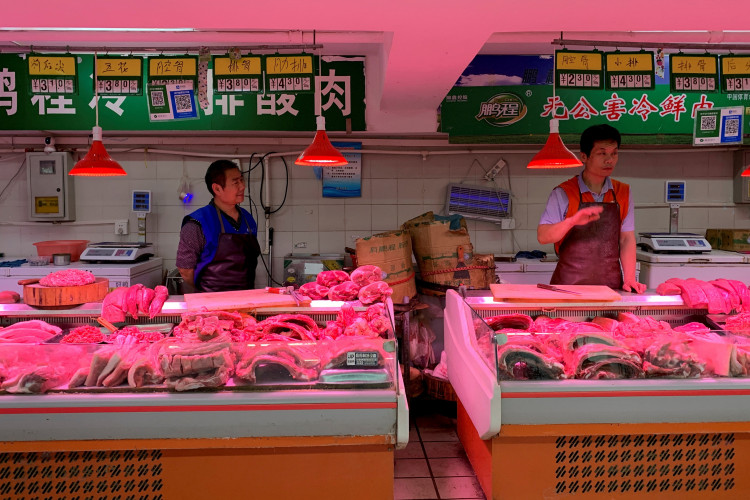The latest data on China's pork crisis revealed that pork prices saw a massive 97.0 percent hike year-on-year as the country seeks to stabilize the swine industry following an outbreak of African swine fever (ASF) in the country.
According to the South China Morning Post, the hike marks the highest price yet in the commodity since January 2012. Experts noted that the increase came amid a hike in the country's consumer inflation hitting 4.5 percent.
China's pork crisis kicked off in August 2018 and so far, it is believed that the disease has wiped out around a quarter of the world's overall pig population. Earlier estimates suggested that around 200 million pigs in total were culled in the country.
The crisis has caused pork prices to spike as Beijing struggled to ramp up on importing the commodity from various countries. On the other hand, it is expected that prices will start stabilizing this year as supply starts to come through.
On the other hand, there are still things that need to be fixed before pork prices go as far down as they were before the outbreak started. Chinese vice-agriculture minister Yu Kangzhen explained that the situation "is still severe and complex."
Farmers have already implemented the necessary measures to contain ASF. Local governments have also provided assistance for farmers so they can keep the disease from spreading further than it already has.
Despite prices hiking over the past months, the Chinese sow herd is said to have increased by 2.2 percent in December compared to the previous month. Experts are now encouraging farmers to be wary of the cold weather.
Meanwhile, the hike in Chinese pork prices also pushed up food prices in the country by 17.4 percent, the Associated Press reported. The government has been pouring efforts on the swine industry but even food prices were affected by the shortage in pork products.
At this point, industry experts believe Beijing will have to think of other ways through which food prices will be contained at a reasonable price range. Alternative meat is also another product believed to have great potential as China struggles with pork shortage.
Impossible Foods is among the companies believed to potentially use China as its launch-pad in its Asian expansion initiative. There are already a couple of local providers making a name in the industry but plant-based meat products have yet to gain sizable traction.
Impossible's plant-based sausage is expected to position the company closer to its Asian dreams as China seeks other alternatives that will satisfy its deep love for pork-tasting products. It remains to be seen whether the company will pass Chinese regulations.






